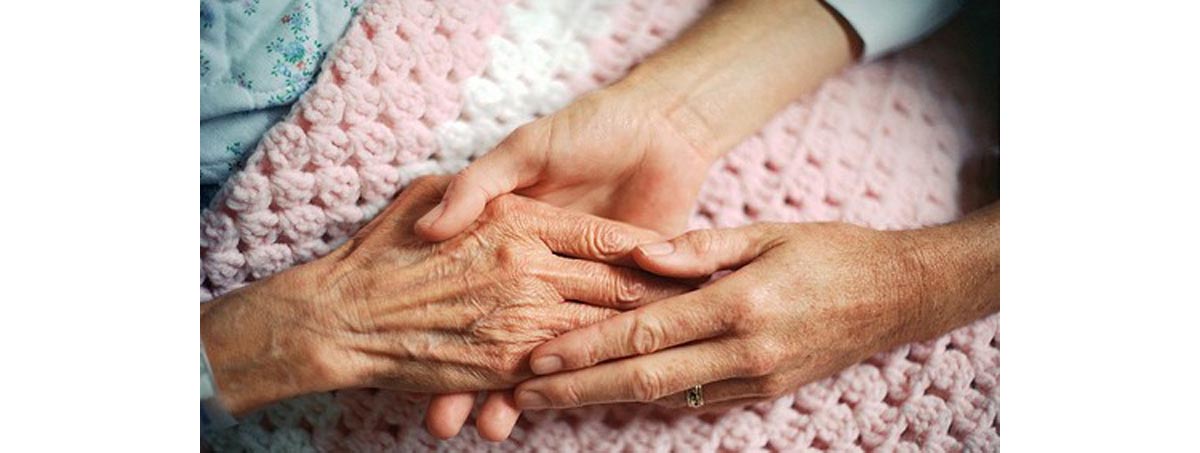Table of Contents
What Is Dementia?
Dementia is a medical condition characterized by a decline in an individual's mental ability, including memory. In most cases, this condition is severe enough to interfere with the patient’s day-to-day activities. The mental functions that are most severely affected include memory, reasoning, and thinking.

Dementia in itself is not a disease — rather, it is a wide range of symptoms which are associated with a remarkable decline in memory and judgment skills. One of the most common types of dementia is Alzheimer’s disease. Another common type of dementia is vascular dementia and it is often observed after a stroke.
Causes of Dementia
There can be several causes of dementia. Some of these are listed below.
- Diseases, such as Parkinson’s, Alzheimer’s, and Huntington’s that are characterized by the degeneration of the nerve cells in the brain can cause dementia. Alzheimer’s disease is the cause of 50 to 60 percent of all cases of dementia.
- Strokes, of the kind that have an impact on blood vessels, might also lead to a condition known as multi-infarct dementia.
- Dementia is also caused by nutritional deficiencies such as folate and vitamin B12 deficiencies.
- Dementia might also be caused by hydrocephalus, a condition wherein fluid gets accumulated in the brain. Hydrocephalus can be congenital or might be caused by brain tumors, infections, or injury.
- People who consume excessive alcohol or drugs might show symptoms of dementia.
- Head injuries can also cause dementia.
Symptoms of Dementia
The symptoms of dementia depend on the part of brain that is affected by the degenerative changes. Typical symptoms of dementia are listed below:
- Loss of memory: One of the earliest and most striking symptoms of dementia is the loss of memory, and short term memory in particular. The memory loss disrupts the normal life of the patient. Patients tend to forget recently learned information, such as where they left their keys, that they have to attend an appointment, and so on. Other symptoms associated with the loss of memory include forgetting important dates such as birthdays, depending heavily on memory aides, and repeatedly asking for the same information.
- Difficulty in planning: People suffering from dementia might face difficulty in developing or following a plan. They also find it difficult to work with numbers. They experience difficulty in concentrating and take a long time to complete regular daily tasks.
- Confusion related to time and place: Dementia patients face difficulty in keeping track of time and dates. They even tend to forget about the place where they are and how they got there.
- Difficulty in comprehending and writing: Another symptom of dementia is that people find it increasing difficult to join a conversation and understand what other people are talking about. While talking, they face difficulty in finding the right words. They find it tough to read, judge distances, and at times recognize their own reflection in the mirror.
- Withdrawal from social activities: Another common symptom of dementia is that the patients try to withdraw themselves from their hobbies, work projects, social gatherings, and sports. The patients tend to become suspicious, irritable, and fearful. They also become passive and try to stay aloof.
- “Physical Exercise as a Preventive or Disease-Modifying Treatment of Dementia and Brain Aging”, by J. Eric Ahlskog, et al. Published in the September 2011 issue of Mayo Clin Proc., accessed on March 11, 2013
- “Exercise is associated with reduced risk for incident dementia among persons 65 years of age and older”, by Larson, E. B., et al. Published in the June, 2006 issue of Scandinavian Journal of Medicine & Science in Sports, accessed on March 11, 2013.
- Photo courtesy of rosieobeirne on Flickr: www.flickr.com/photos/rosieobeirne/4090198486


Your thoughts on this